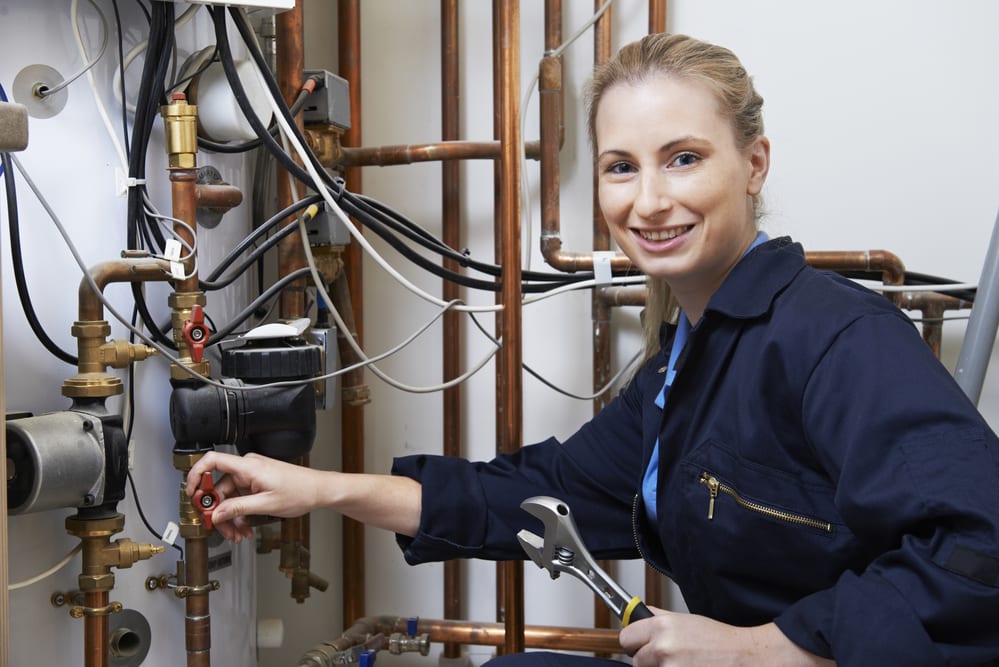The Complete Plumber’s Set: Key Devices and Supplies
All property owner understands that indeed plumbing problems can occur during the most inconvenient moments, but getting prepared can really make all the difference. A thoroughly-equipped plumbing kit is crucial for addressing typical plumbing problems effectively, from burst pipes to obstructed drains. Whether you're a experienced plumber or a do-it-yourselfer, understanding the key gadgets and gear can help you tackle these challenges and ensure your home functioning properly.
The correct tools not only save time but also avoid harm and costly repairs. In this article, we will discuss the must-have items for any plumber's toolkit, along with advice for upkeeping your plumbing systems and determining when it's time to hire a professional. From urgent scenarios to routine maintenance checks, possessing the correct equipment available will give you confidence in tackling those plumbing dilemmas.
Frequent Plumbing Issues
One of the most common plumbing problems homeowners face is failing faucets. This common problem can waste a significant amount of water over time and lead to higher water bills. A dripping faucet often indicates a deteriorated washer or a broken valve, which can usually be fixed with some standard tools and a little know-how. Addressing this issue promptly not only saves water but also prevents more damage to your plumbing system.
Another common issue is stopped-up drains. Clogs can occur due to a buildup of strands of hair, fat, soap, and various debris over time. Kitchen sinks are particularly susceptible to clogs, often requiring homeowners to use drain cleaners or plumbing snakes to clear the obstruction. Routine maintenance can help prevent clogs before they start, making it essential for homeowners to be proactive and mindful of what goes down their drains.
Cracked pipes typically arise during extreme weather conditions or as a result of deterioration. When water freezes inside the pipes, it expands, leading to cracks or breaks that can cause significant damage to your home. In the event of a burst pipe, it is crucial to act promptly by shutting off the main water supply and calling a licensed plumber to minimize flooding and damage. Understanding these common plumbing problems arms homeowners to handle emergencies efficiently and maintain their plumbing systems effectively.
Emergency Readiness
When it comes to plumbing emergencies, being ready can make a substantial difference in mitigating harm and stress. Homeowners should have a fundamental understanding of their pipe infrastructure and know how to shut off the main water flow in case of a broken line or major drip. Acquaint yourself with the position of the shut-off tap, and ensure every household member knows how to access it. This quick move can stop flooding and extensive liquid harm.
Another essential preparation step is to have a fully equipped crisis kit ready. Add items such as a pipe tool, adjustable pliers, a plunger, and a bucket for drainage. Additionally, keeping a stock of towels and rags on hand can help manage unexpected spills or drips. You might also consider having a basic plumbing fix manual that outlines common problems and quick solutions, so you can act quickly until a specialist arrives.

Finally, it's crucial to establish a relationship with a reliable plumbing company that you can call during crises. Knowing who to contact can save time and alleviate fear when issues arise. Many homeowners also find it beneficial to schedule routine plumbing check-ups to identify possible issues before they grow into crises. Proactive maintenance can greatly reduce the likelihood of crises and give you peace of mind.
Care Tips
Routine upkeep is essential to avoiding plumbing issues and prolonging the lifespan of your pipe system. One of the simplest yet most effective practices is to conduct routine inspections of your tubing, connections, and appliances. Check for plumber new ross of drips, corrosion, or damage. Timely detection can save you from expensive repairs down the road. Don’t neglect to inspect hidden areas like under sinks and around hot water heaters, where drips are often overlooked.
Another important aspect of plumbing maintenance is ensuring that your drains remain unclogged. To stop clogs before they start, think about using drain screens and frequently cleaning them out. Flushing your drains with a combination of vinegar and sodium bicarbonate can help break down deposits and eliminate odors. Additionally, be aware of what you put in your sinks and lavatories; avoid disposing of fat, organic particles, and non-compostable items that can cause severe obstructions and plumbing problems.
Finally, maintaining your water heater is crucial for optimal performance. Review the temperature setting and consider lowering it to save on energy costs. Draining your tank heater at least once a year can eliminate scale buildup that reduces efficiency and can lead to overheating. If you have a tankless water heater, ensure the system is descaled consistently to maintain peak performance and longevity. Proper care and attention to these points not only improve the performance of your plumbing system but also provide reassurance.